(By Rabbi Yair Hoffman for the Five Towns Jewish Times)
This week is parshas Acharei Mos/Kedoshim, where the Torah deems it necessary to enumerate the concept of the arayos. There have also been plenty of headlines and stories about people that have acted inappropriately with others. The alleged perpetrators span the full gamut of society – comedians, politicians, educators, and even law enforcement. The damage they have done to people is both substantial and life-long. It can also affect not one but several generations. This, of course, is all well-known.
What is not so well known, however, is the halachic obligation that exists for the perpetrators to genuinely apologize to their victims.
What follows is a discussion, overview and analysis of this obligation – including the idea that even the apology from a perpetrator may cause stress to the victim and how that should be handled.
TWO POSSIBLE OBLIGATIONS OF APOLOGY
There are essentially two sources in the Gemorah for the obligation to apologize – one in meseches Bava Kamma (92a) and the other in meseches Yuma (85-87b). The second source deals with the obligation to apologize before Yom Kippur, while the former deals with the obligation in general. The language employed in each of the mesechtos is fascinating. In Bava Kamma the Gemorah uses the term “asks for forgiveness.” In Yuma it used the term “until he appeases his friend.” Some, such as Rav Y.B. Soloveitchik (MiPi HaShmu’ah, Rav Hershel Schachter p. 121) and Rav Yitzchok Hutner (Pachad Yitzchok, Shaar Ha-Eitanim pp. 46-52 as cited by Kaminsky), understand the two sources as forming two separate obligations. Others, such as the Bach (OC 606), understand it as only one obligation.
Those that understand it as two obligations learn that the Yom Kippur obligation is that one needs to restore the relationship to what it was. It is this author’s opinion that this second obligation can never be fully achieved in the case where someone acted physically inappropriately. The breach in trust and psychological damage that the victims suffer is such that the relationship can never be restored – nor should it. Regardless, it seems that the Mishna Brurah 606:1 cites the latter view of the Bach as authoritative, so the point is moot.
THROUGH AN INTERMEDIARY OR BY HIMSELF?
Although generally speaking it is preferable to ask forgiveness by oneself and not initially through a third party (see Mishna Brurah 606:2) or by letter (See also Rav Ovadiah Yoseph, Yechaveh Daas, Vol. V #44), in the case of someone who had acted in a physically inappropriate way – there is no question that the apology should be presented by a third party. This is based upon the Mogain Avrohom in Orech Chaim 606 (the introduction) that when the victim will be embarrassed, there is no obligation to fully say out the specific damage that the offender had done. Embarrassment and retraumatizing the victim are, for these purposes, to be treated the same. The view of Dr. Doug Martinez is that in many cases, a victim would be retraumatized if the apology were delivered in person. Depending upon circumstances a letter could be sent as well.
Dr. Martinez a clinical psychologist who specializes in the treatment and remediation of people with these issues remarked to the Five Towns Jewish Times, “Ideally, the victim and the perpetrator should be in treatment with expert therapists who have done this work and are well trained. When and if both the victim and perpetrator (often a family member) are ready to have an apology session, it is done with both therapists present, and both individuals present. The perpetrator must be willing to take full responsibility, relieve the victim of self-blame, and listen without defensiveness to the words of the victim.”
There are some cases where the nature of the abuse is so severe that an apology in any form will do more harm. Dr. Martinez continued, “The expert therapist for the victim is most able to discern this. There are times when the answer is, “no.” Another barrier to any apology is if the identity of the perpetrator is made public. This works against the individual’s motivation to seek genuine help and against the victim’s being associated with the perpetrator.”
REMORSE AND DISCONTINUATION
And while there is an obligation to seek forgiveness, if the perpetrator either a] does not show regret or b] still continues (or would continue) in the behavior – there is no obligation whatsoever to forgive him (See SA CM 422:1; Rambam Hilchos Chovel uMazik 5:10; See also Assei lecha Rav Vol. VI #42.)
Expert opinions in the matter of inappropriate physical behavior are unanimous in their view that proper therapy is essential in any form of remediation. Dr. Doug Martinez remarks, “In over forty years of practice, I have never seen someone resolve this issue without proper therapy or a sincere dedication to a case specific behavior form of a twelve step program. This is not something that just goes away, or that one can fix by himself.”
WHAT ELSE MUST THE PERPETRATOR DO?
The Rambam (Hilchos Teshuvah 2:9) lists three things that the perpetrator must do in order to receive forgiveness. He must; 1] provide financial restitution when it is appropriate, 2] seek to appease his victims and 3] genuinely request for forgiveness.
The restitution should include the cost of providing therapy to the victims.
MUST THE FORGIVENESS BE SINCERE?
The Chazon Ish is quoted as saying that the forgiveness granted by the victim must be sincere. Merely saying that one forgives is not sufficient according to this view (See Pninim MiBei Midrasha Vol. I #121 as cited by Kaminsky p. 353).
The Gilyon HaShas (Kiddushin 49b), on the other hand, utilizes the principle of Dvarim sh’b’laiv ainam Dvarim – that matters held in the heart are not considered matters to rule that forgiveness works even if the victim is not completely sincere in his forgiveness.
CONCLUSIONS
The world is not black and white – where all people are completely evil or completely good. People are gray – even those who have significantly hurt people. Our duty is to make sure that the perpetrators of evil take the necessary steps to make sure that they do not harm others again and that they genuinely regret what they have done and make it up to their victims. They should also make sure to enroll in a program that will genuinely help them take steps to provide for the safety of others. These Torah sources indicate that it could and should be done. Often the case is that no one wants to say anything or make an intervention. We have to try, however. The great Tanna, Rabbi Tarfon, used to say (Pirkei Avos 2:16), Lo alecha Hamlacha ligmor – the work is not upon you to complete – velo attah ben chorim lehivatel mimena – yet you are not free from the obligation to involve yourself in it.
Please note: Many of the sources contained in this article were found by the author in Fundamentals of Jewish Conflict Resolution, 2018, by Dr. Howard Kaminsky. It is a brilliant book and an indispensable resource.
The author can be reached at [email protected]
(YWN World Headquarters – NYC)

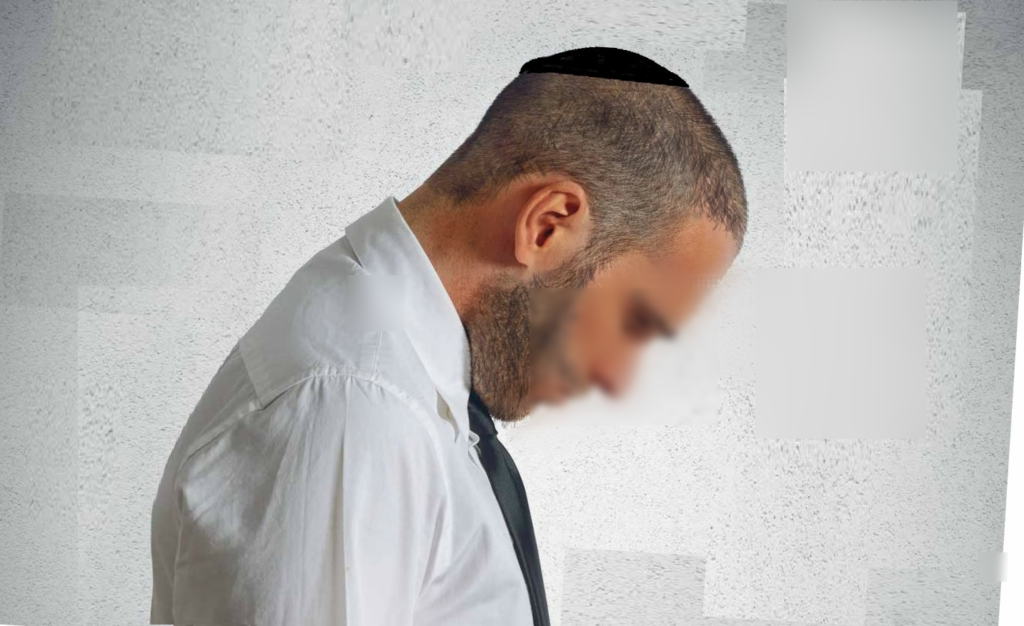

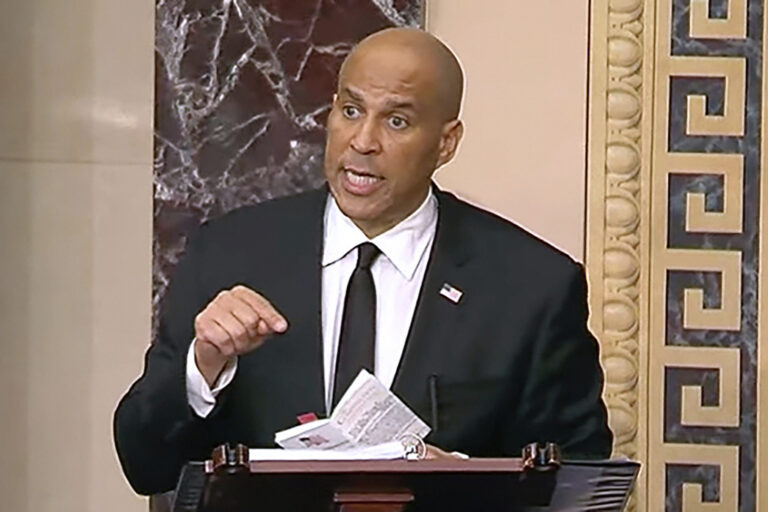
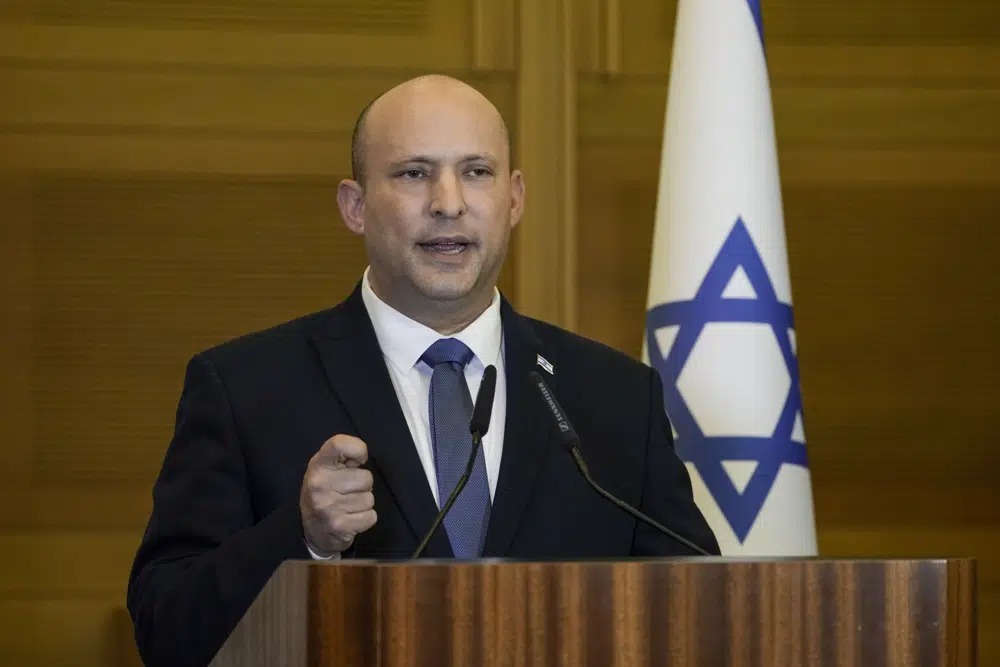
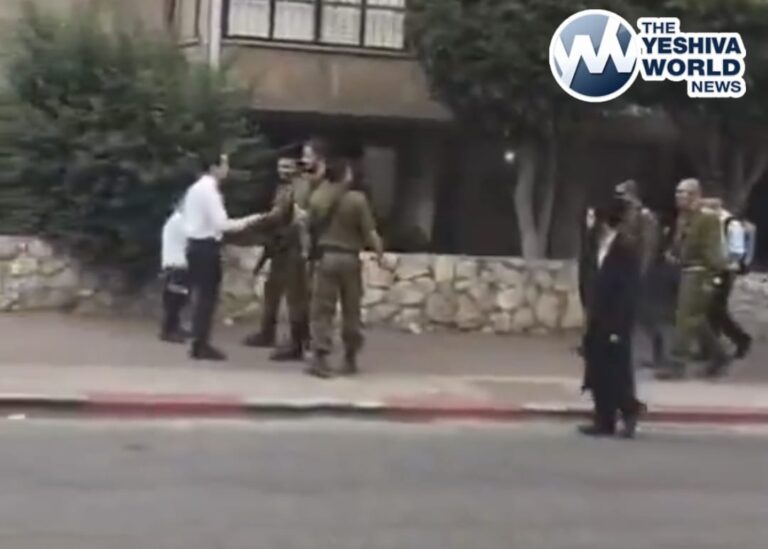
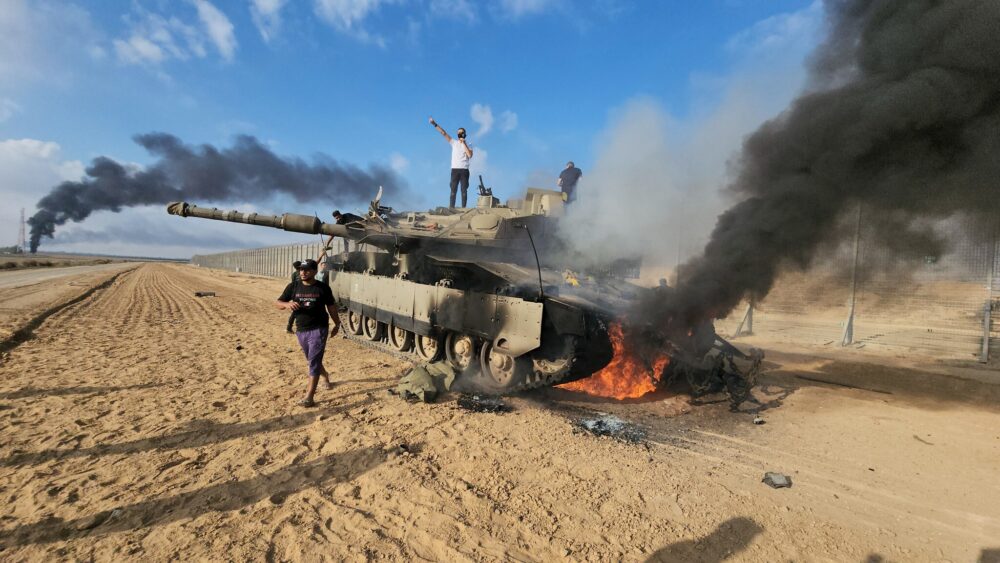

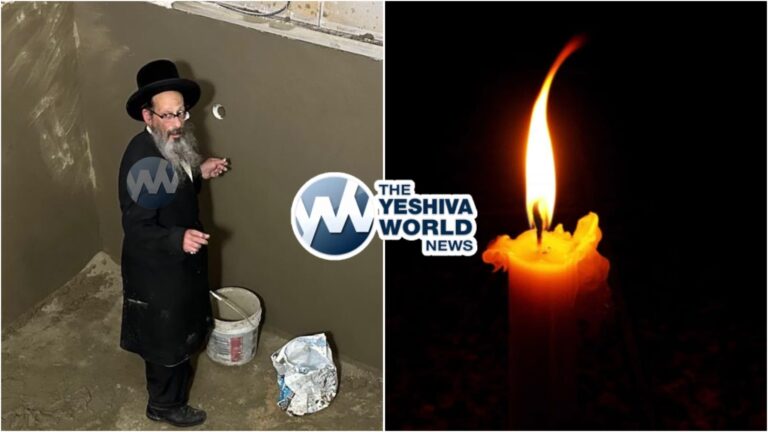
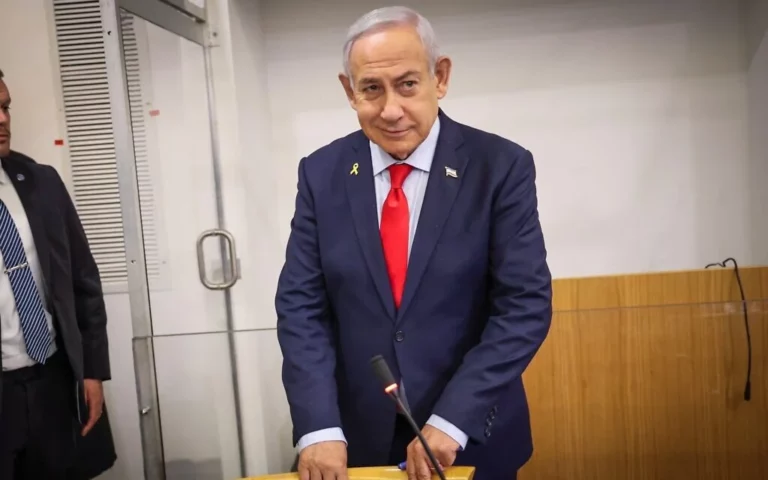
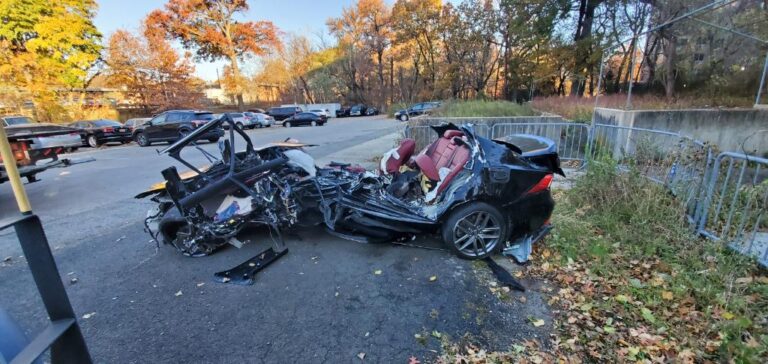
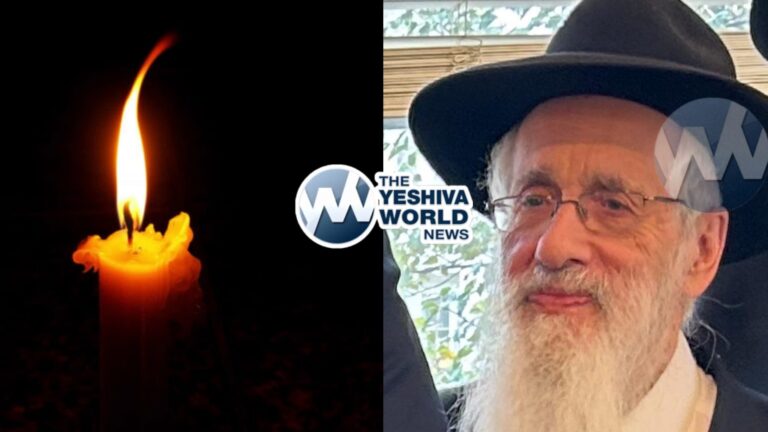
3 Responses
with all due respects to Rav Hoffman, I enjoy reading his insights, in this case I disagree with what he says.
From my knowledge of perpetrators of sexual abuse, they are commonly people who are sick inside. I know of two perps who were fired from their jobs in Eretz Yisroel and went on to find jobs in US where they continued to abuse children.
These are sick individuals and I believe the Torah is not talking about this kind of person rather the Torah is talking about a normal person who gets involved with a person forbidden to him but does not have a sicko desire for forbidden sex.
Therefore apologies from sickos mean nothing.
Correct me if I am wrong.
Rabbi Hoffman, as an important aside, does a girl physically and emotionaly abused by her father still have an obligation in kibbud av?
No.